and sun, hurrying the premature darkness. A rooster in the yard
cuts off its crowing, fooled into momentary sleep.
And soon the Perseid showers, broken bits
of the ancient universe, will pass through the skin of our
Final eclipse of the sun, last of this millennium, our city’s
brightness broken off. We have known other dark hours:
Here, coffin that slowly passes, I give you my sprig
of lilac—Lincoln’s death, winding procession toward sleep.
We have known slave coffles and holding pens in yards
not half a mile from our Capitol, wooden palings sunk in earth
to guarantee none would escape. In this freest city. Oh if earth
could talk. Earth does talk in the neatly framed yards
where death thinks to lay us down to rest. Asleep,
the marker stones. But not the voices, jagged bits
of memory, shards of poems. Sterling Brown. Our
human possessions and all they've left us. This whole city
sings their songs. Say their names. In this city
they are our monuments: Frederick Douglass, our
Rayford Logan, Alain Locke, Franklin Frazier, Georgia
Douglas Johnson, Paul Laurence Dunbar, May Miller: Not sleep
but garlands left to us. Montague Cobb, William Hastie. Yards
of names. And here, the place where we unearth
an immigrant father of seven. He leans down—no earthly
reason for his choice—to pick up his nearest child. A yard-long
rack of brooms behind him, a bin of apples. Not the sleep
of cold, but autumn in Washington. 1913 or a bit
later. He stands awkwardly on 4 1/2 Street, S. W. as our
street photographer, who’s just come by with his city
chatter, ducks beneath a dark cloth. Monuments of the city
behind him, he leans over his black box camera in time to capture
that moment when the child will play her bit
part, pushing away from her father like a boat from shore. In the sleep
by which to measure importance? To measure earthly
agency? Each of us has monuments in the bone case of memory. Earth-
bound, I take my sac of marble and carry it down lonely city streets where our
generals on horseback and a tall bearded man keep watch over all their citizens.
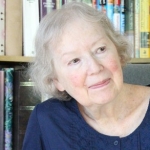







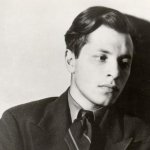

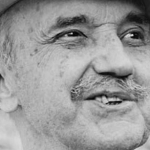
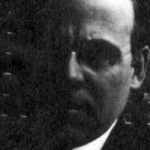

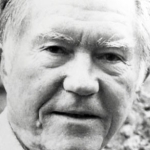


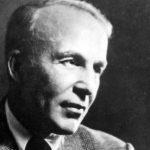
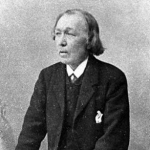

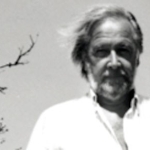
Comment form: